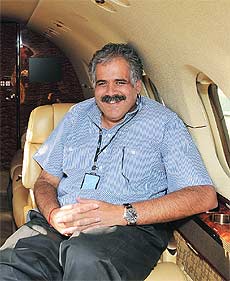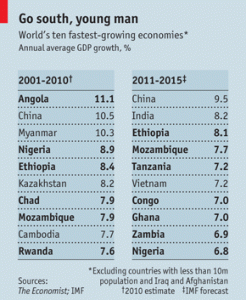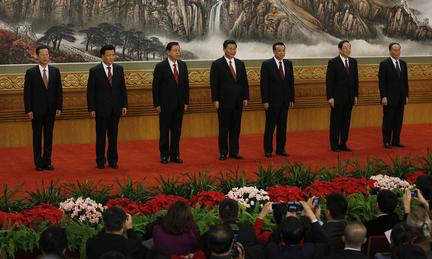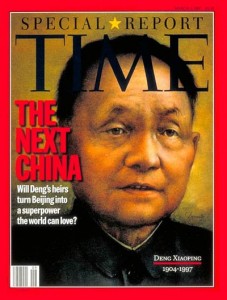When I would tell friends in America that Vancouver does not have ridesharing, they would express disbelief. Ridesharing apps have transformed the way most North Americans commute. After a long day at work or a night out, Uber and Lyft have offered a convenient and cheap ride home for nearly a decade. Everywhere, that is, except Vancouver, where ridesharing firms only began operations in January 2020.
I moved to New York just days before the duopoly’s overdue introduction to Vancouver. Ridesharing from JFK to Manhattan was easy and reasonable. But, this means of transportation comes with hidden social costs. Cities that have had ridesharing services for much of the 2010s now grapple with the environmental issues, reductions in disability access, and serious safety concerns that accompany them. Vancouver should thus seize its late-mover advantage, learn from its predecessors, and implement tighter regulations on these firms minimizing these downsides.
This industry can have devastating environmental impacts. In New York daily ridesharing trips increased from 60,000 to 600,000 over three years, while transit ridership showed an almost perfectly proportional decline. This trend can be observed across multiple US markets, where on average bus ridership would drop by 12% in eight years following ridesharing’s entry. Meanwhile, Vancouver, without Uber and Lyft, has experienced some of the fastest growing transit ridership rates. Additionally, a report produced by ridesharing firms, acknowledged that they contributed significantly to traffic congestion, and that only about 60% of kilometers travelled by ridesharing vehicles were with passengers in the backseat.
That means a lot of added empty cars on our roads causing significant environmental impact. Vancouver has taken steps to mitigate this, including a $0.30 pick up and drop off fee, but this does not go far enough. Vancouver’s roads are already some of the most congested, and thus the city should consider charging ridesharing vehicles for distances travelled – disincentivizing cars from driving without customers. Taxes collected from the companies should be earmarked solely for transit improvements.

https://www.beltiblibrary.org/do-research/topicguides/ridesharing
Ridesharing does not just harm the environment, it poses challenges for disability access as well. The software can be challenging to use for the blind, and the vast majority of ridesharing vehicles are not equipped with wheelchair ramps. Legally, unlike taxi companies, rideshare firms are not required to maintain accessible vehicles because they do not own the vehicles their drivers operate. To aggravate the situation, accessible taxis are now being taken off the road due to the intense competition posed by ridesharing.
Taxi companies in Vancouver, which are already threatening to do the same, are required to have 19% of their fleets be wheelchair accessible, while conversely rideshares face no such requirements. To improve access for persons with disabilities, Vancouver should provide tax breaks for accessible taxis and ramp-equipped ridesharing vehicles. Research should be undertaken on how accessible vehicle minimums could be legally imposed on Uber and Lyft.
Finally, a number of safety issues plague ridesharing companies. 2019 saw 3,000 sexual assaults reported in Uber vehicles. Worryingly, a recent article outlined how employees responsible for investigating these kinds of incidents are coached to prioritize company interests before those of the affected passenger.
Vancouver has imposed requirements on these companies to complete periodic mandatory background checks, which pales in comparison to the requirements for taxi drivers. While it may be difficult to oblige rideshare drivers to install vehicle security cameras, mandatory semiannual criminal record checks, increased police training, and pressure to build safety features into rideshare applications are all certainly possible.
But, regulating ridesharing is no simple task. There will certainly be pushback from Uber and Lyft, and from consumers themselves who stand to benefit from the affordable means of transportation. As users of rideshare though, we must demand that our governments take bold and innovative steps to check these firms, in ways that do not significantly increase the monetary cost of rides. It is important that we look past the initial benefits of a cheap ride, and think about the long term social costs of these services, which we will all eventually bear if governments don’t act fast.
Despite issues stemming from environmental degradation, a reduction in accessibility, and passenger safety, I continue to use ridesharing here in New York. However, on each of these trips I pay a surcharge of guilt. I thus implore Vancouver’s municipal government to impose tighter regulations on Lift and Uber. Consumers have patiently waited for the government to approve ridesharing, the least we can expect in return is that our legislators have used that time wisely.
















